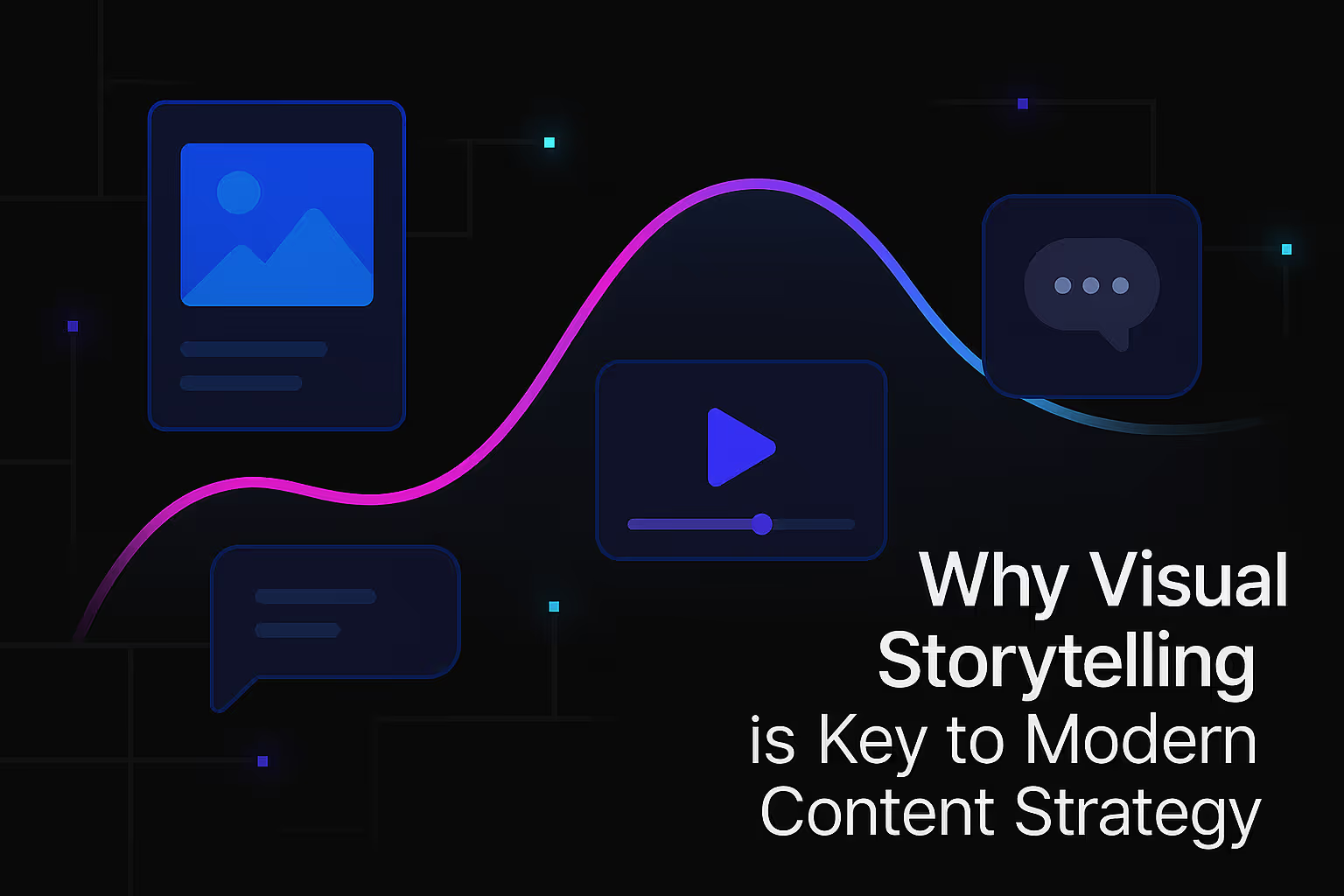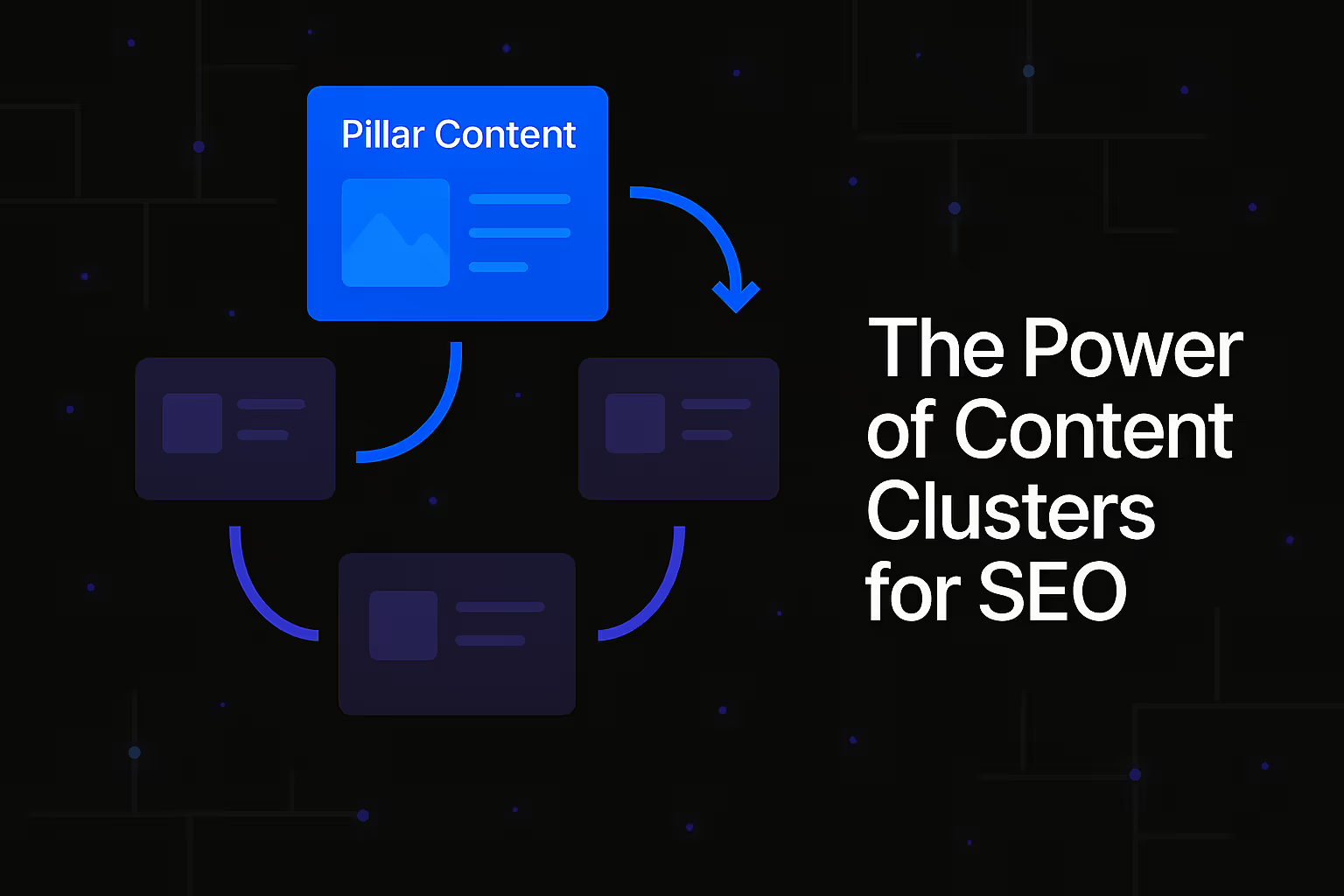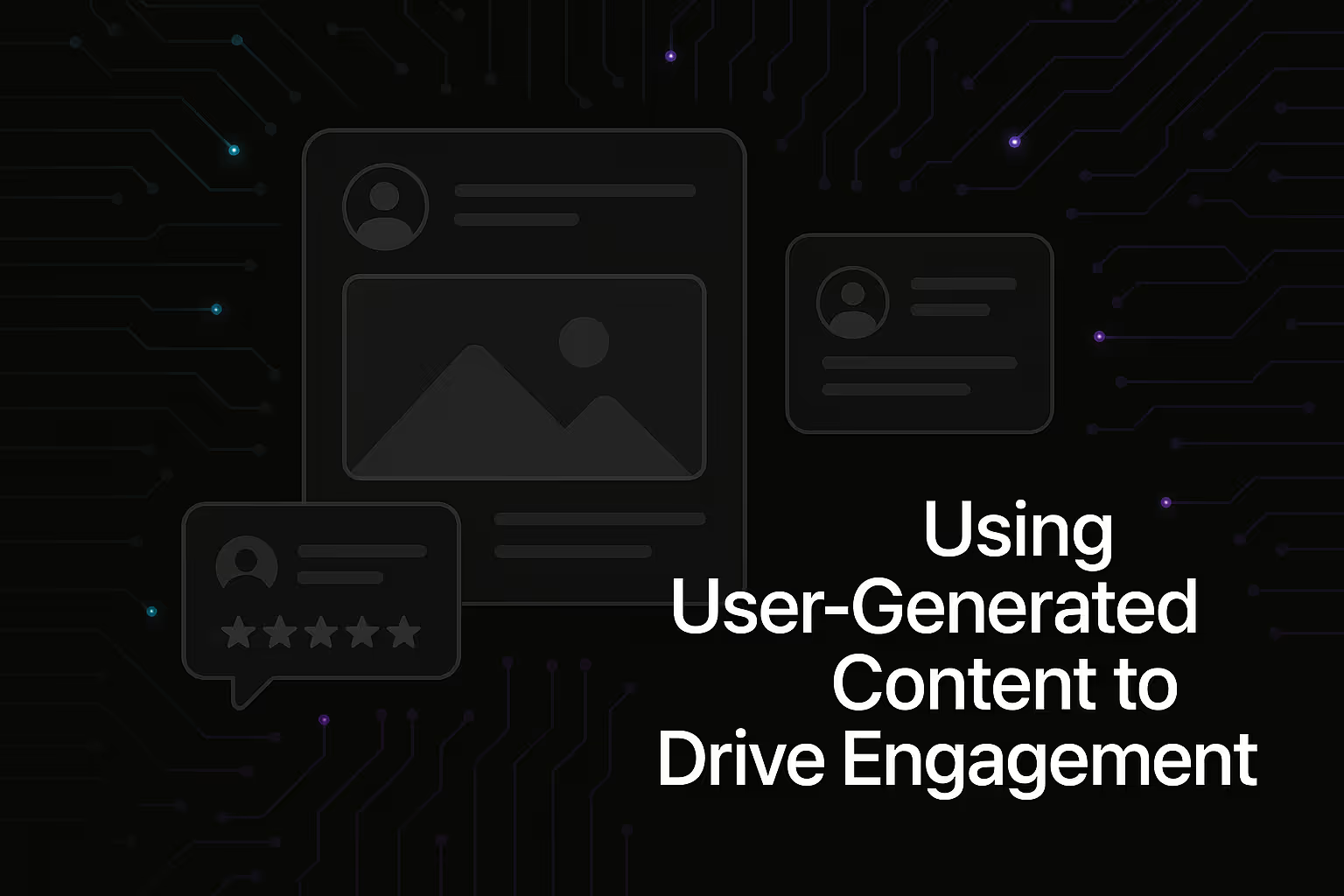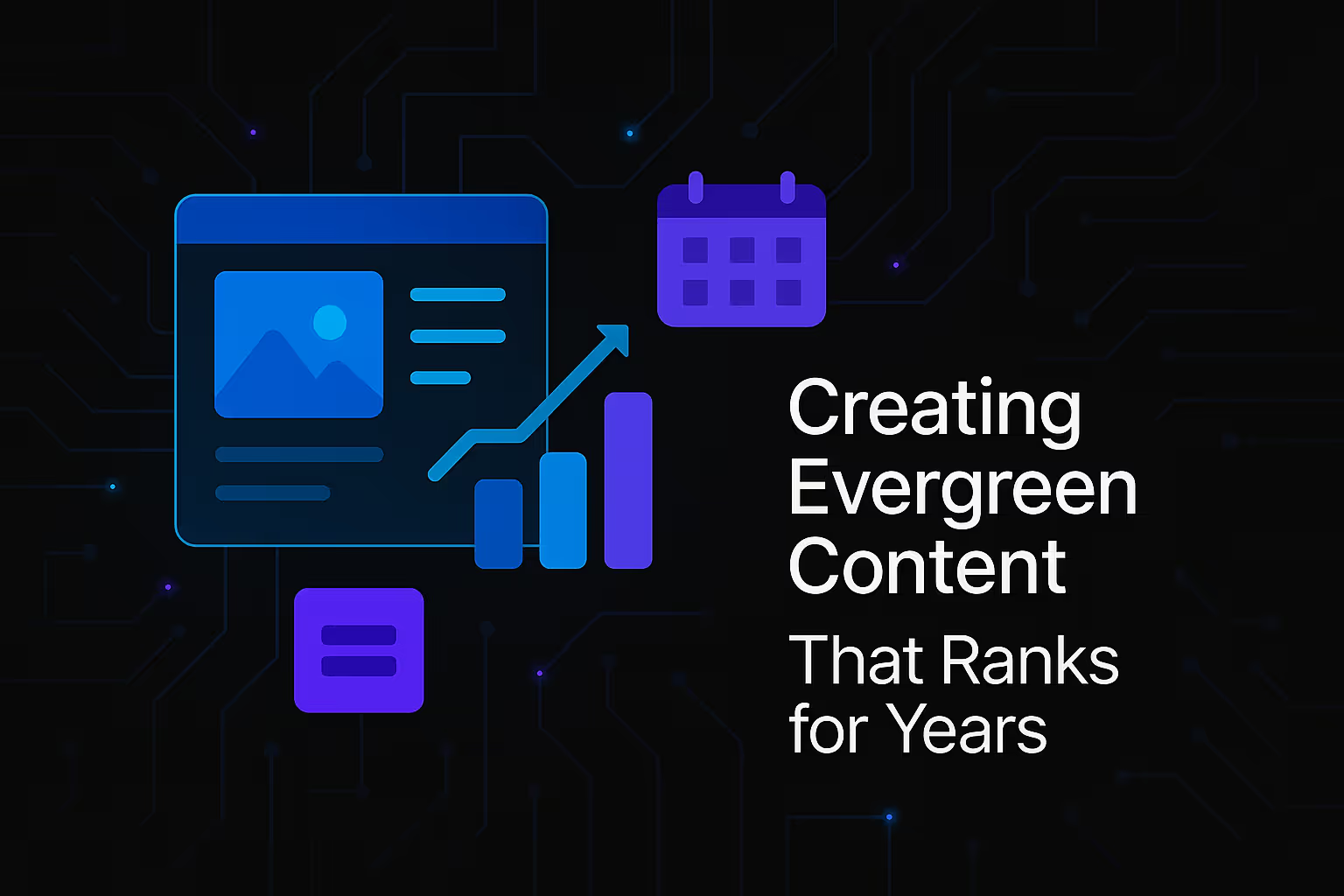Why Visual Storytelling is Key to Modern Content Strategy

In the rapidly evolving digital landscape, content is king, but visual content often wears the crown. The sheer volume of information available online means that capturing and retaining audience attention has become a formidable challenge for businesses and marketers alike. This is where visual storytelling emerges as a powerful, indispensable tool in a modern content strategy. It's not merely about aesthetics; it's about conveying narratives, emotions, and complex ideas in a way that resonates deeply and immediately with your audience, fostering connection and driving engagement.
The human brain is hardwired for visuals. We process images significantly faster than text, and visual information is retained more effectively. This innate preference for visual input makes storytelling through images, videos, infographics, and other visual mediums incredibly potent. In an age of diminishing attention spans, a compelling visual can cut through the noise, delivering your message with clarity and impact that plain text often struggles to achieve. Businesses that leverage visual storytelling aren't just creating pretty content; they are building stronger brands, fostering deeper customer relationships, and ultimately, achieving their strategic objectives in a highly competitive digital arena.
The Power of Visuals in an Attention Economy
The digital realm is a crowded marketplace of ideas, products, and services, all vying for the fleeting attention of internet users. In this "attention economy," merely existing is not enough; content must captivate and compel. Visual storytelling provides that crucial edge. From social media feeds saturated with images and videos to websites prioritizing engaging user experiences, the dominance of visual content is undeniable.
Consider the speed at which information travels. A captivating image or a short, impactful video can go viral in moments, spreading a brand's message far and wide. This rapid dissemination is a testament to the universal language of visuals. They transcend linguistic barriers and cultural differences, allowing for a broader reach and a more diverse audience engagement. Moreover, visuals evoke emotion more effectively than text. A powerful image can convey empathy, joy, urgency, or inspiration, forging an emotional connection that builds trust and loyalty, which are vital components of any successful long-term content strategy.
Beyond initial engagement, visual storytelling plays a significant role in retention. Studies consistently show that information presented visually is recalled more accurately and for longer periods. This means that your brand's message, when delivered through compelling visuals, is more likely to stick in the minds of your audience, fostering brand recall and recognition. This enduring impact translates into a more effective content strategy, as your efforts yield lasting impressions rather than fleeting glances.
The Science Behind Visual Engagement
The preference for visual information isn't anecdotal; it's rooted in neuroscience. The human brain processes visual information approximately 60,000 times faster than text. This incredible speed is due to the fact that a significant portion of our brain is dedicated to visual processing. When we see an image, our brains immediately begin to interpret colors, shapes, patterns, and relationships, extracting meaning without the need for sequential decoding that text requires.
Furthermore, visuals activate multiple areas of the brain, leading to a richer and more comprehensive understanding of the information presented. This multi-sensory engagement enhances memory formation and recall. Think about the last time you remembered a captivating advertisement; chances are, it was the visual elements—the striking imagery, the vivid colors, the dynamic motion—that truly resonated and stuck with you. This scientific understanding underscores why integrating strong visuals is not just a trend but a fundamental principle for effective communication in the digital age.
Another critical aspect is the role of visuals in simplifying complex information. Infographics, for example, can distill intricate data, statistics, and processes into easily digestible visual formats. This ability to clarify and simplify makes complex topics approachable, increasing comprehension and reducing cognitive load for the audience. In a world awash with data, the ability to present information clearly and engagingly is a competitive advantage, and visual storytelling excels at this.
Integrating Visual Storytelling into Your Content Strategy
To truly harness the power of visual storytelling, it must be integrated strategically across all facets of your content marketing efforts. It's not an afterthought but a core component of your content creation process, woven into the very fabric of your brand's communication. This involves thoughtful planning, diverse content formats, and consistent execution to ensure a cohesive and impactful visual narrative.
The first step is to identify the stories you want to tell. Every brand has a unique narrative—its mission, values, history, and the impact it seeks to make. Visual storytelling provides the perfect medium to articulate these narratives authentically. Whether it's the journey of a product from concept to consumer, the testimonials of satisfied customers, or the behind-the-scenes look at your company culture, visuals can bring these stories to life in a way that resonates with your target audience.
Consider the platforms where your audience spends their time. Different platforms necessitate different visual approaches. Instagram and Pinterest are highly visual platforms where stunning photography and graphics dominate. YouTube and TikTok are centered around video content, requiring dynamic and engaging moving visuals. Even text-heavy platforms like LinkedIn can benefit from strategic visual integration, such as custom graphics to break up posts or compelling images to accompany articles. Adapting your visual content to the nuances of each platform ensures maximum impact and engagement.
Diverse Visual Content Formats
The spectrum of visual content formats is vast, offering numerous opportunities to tell your story in creative and engaging ways. Understanding and utilizing this diversity is key to a robust visual content strategy.
Images: High-quality photography remains a cornerstone of visual storytelling. From professional product shots that highlight intricate details to evocative lifestyle images that convey emotion and context, static images are incredibly versatile. They can be used on websites, social media, blog posts, and email campaigns. The key is to ensure they are not merely decorative but serve to enhance the narrative and reinforce your brand identity. Optimize images for the web by compressing them to maintain fast load times, and always include descriptive alt text for SEO and accessibility. This helps search engines understand the image content and improves the experience for users with visual impairments.
Videos: Video content continues to dominate online consumption. From short, snappy clips for social media to longer-form narratives for YouTube or brand websites, video offers unparalleled opportunities for dynamic storytelling. It allows for the integration of motion, sound, and dialogue, creating a truly immersive experience. Explainer videos, customer testimonials, behind-the-scenes glimpses, and live streams are just a few examples of how video can be used to connect with your audience. Remember to create high-quality content, embed videos on relevant pages, and write descriptive titles and descriptions for optimal discoverability.
Infographics: When dealing with data, statistics, or complex processes, infographics are invaluable. They transform dry numbers and information into visually appealing and easily digestible formats. A well-designed infographic can convey a wealth of information at a glance, making it more memorable and shareable than a block of text. They are particularly effective for educational content, research findings, or illustrating trends. The visual hierarchy and compelling graphics make complex topics approachable and engaging.
Illustrations and Animations: Custom illustrations and animations offer a unique way to express your brand's personality and creativity. They can be particularly effective for abstract concepts or when you want to inject a sense of whimsy or sophistication into your brand's communication. Animated videos, GIFs, and custom iconography can make your content stand out and contribute to a distinctive brand aesthetic.
Interactive Visuals: Beyond static and moving images, interactive visuals take engagement to the next level. Quizzes, polls, interactive maps, 360-degree images, and virtual reality experiences allow your audience to actively participate in the storytelling process. This level of interaction creates a more memorable and personalized experience, fostering deeper engagement and a stronger connection with your brand.
Best Practices for Visual Storytelling
To maximize the impact of your visual storytelling efforts, adhere to best practices that prioritize both aesthetic appeal and strategic objectives.
Consistency is paramount: Your visual brand identity—colors, fonts, imagery style—should be consistent across all platforms and content types. This reinforces brand recognition and builds a cohesive brand image in the minds of your audience. A disjointed visual presence can confuse and detract from your overall message.
Quality over quantity: While a consistent content calendar is important, never compromise on the quality of your visuals. Blurry images, poorly lit videos, or amateurish graphics can undermine your brand's credibility. Invest in high-quality visual assets and, if necessary, professional production to ensure your visual content reflects positively on your brand.
Authenticity resonates: In an age of polished perfection, authenticity often stands out. While professional quality is important, don't shy away from showcasing genuine moments or behind-the-scenes glimpses. Authentic visuals build trust and allow your audience to connect with the human element of your brand.
Mobile-first optimization: A significant portion of online content consumption occurs on mobile devices. Ensure all your visual content is optimized for mobile viewing, meaning it loads quickly, is appropriately sized, and is easy to view on smaller screens. This responsiveness is crucial for a positive user experience.
Accessibility considerations: Make your visual content accessible to everyone. This includes using descriptive alt text for images, providing captions and transcripts for videos, and ensuring sufficient color contrast in your designs. Inclusive design practices not only expand your audience reach but also demonstrate your brand's commitment to accessibility.
Analyze and adapt: Like any content strategy, visual storytelling requires continuous analysis and adaptation. Monitor metrics such as engagement rates, click-through rates, time spent on page, and shares for your visual content. Use these insights to understand what resonates with your audience and refine your visual storytelling approach over time. The digital landscape is dynamic, and your strategy should evolve with it.
The SEO Benefits of Visual Storytelling
Beyond captivating your audience, strategically implemented visual storytelling offers significant benefits for your search engine optimization (SEO) efforts. Search engines are becoming increasingly sophisticated, prioritizing user experience and valuable content. Visuals, when optimized correctly, play a crucial role in signaling content quality and relevance, thereby improving your search rankings.
One of the most direct SEO benefits comes from improved engagement metrics. When users are captivated by visuals, they spend more time on your page, reducing bounce rates and increasing time-on-site. These are strong signals to search engines that your content is valuable and relevant, leading to higher rankings. Visually rich content is also more likely to be shared across social media platforms, generating valuable backlinks and expanding your content's reach, further boosting its authority in the eyes of search engines.
Furthermore, integrating relevant keywords into your visual content's meta-data can enhance discoverability. While search engines can't "see" an image or video in the same way humans do, they rely on textual cues. Descriptive alt text for images and detailed titles and descriptions for videos are critical opportunities to include primary and secondary keywords naturally. This helps search engines understand the context of your visuals and rank them for relevant queries, especially in image and video search results. However, it's crucial to avoid keyword stuffing; the descriptions should be natural and accurately describe the visual content.
Visuals also contribute to a better user experience, which is a growing factor in SEO. Content that is easy to read, visually appealing, and organized with clear headings and subheadings (including H2 and H3 tags with relevant keywords) ranks better. Images and videos break up long blocks of text, making content more scannable and digestible. This improved readability enhances user satisfaction and encourages deeper engagement, indirectly benefiting your SEO.
Lastly, visual storytelling contributes to semantic SEO by enriching the overall context and topical authority of your content. By visually demonstrating concepts and relationships, you provide search engines with a more comprehensive understanding of your subject matter. For example, an infographic detailing a complex process not only helps users understand it better but also signals to search engines that your content is a thorough and authoritative resource on that topic. This holistic approach to content creation, where visuals complement and enhance textual information, leads to a stronger overall SEO profile.
Optimizing Visuals for Search Engines
To truly leverage the SEO potential of visual storytelling, specific optimization techniques must be employed. These practices ensure that your visually rich content is not only engaging for users but also easily discoverable and understood by search engine crawlers.
Descriptive Filenames: Before uploading any image or video, rename the file to something descriptive and keyword-rich. Instead of "IMG_1234.jpg," use "visual-storytelling-infographic.png" or "brand-video-marketing-strategy.mp4." This provides immediate context to search engines about the content of the file.
Alt Text for Images: This is perhaps the most crucial SEO element for images. Alt text provides a textual description of an image, which is read by screen readers for visually impaired users and by search engine crawlers. It should be concise, descriptive, and include relevant keywords naturally. For instance, instead of `alt="image"`, use `alt="SEO specialist explaining visual storytelling concepts"`.
Image Dimensions and File Size: Optimize your images for the web. Large file sizes can significantly slow down page load times, which negatively impacts user experience and SEO rankings. Compress images without sacrificing quality and ensure they are appropriately sized for their display on your website. Use modern image formats like WebP where possible, as they offer better compression.
Video Transcripts and Captions: For video content, providing transcripts and captions is vital for accessibility and SEO. Search engines can crawl text more easily than video content directly. Transcripts provide a full text version of your video's dialogue, allowing search engines to understand the video's content and index it for relevant keywords. Captions improve accessibility for hearing-impaired users and those watching without sound.
Video Schema Markup: Implement video schema markup to provide search engines with structured data about your videos. This can help your videos appear as rich results in search engine results pages (SERPs), often with thumbnails, descriptions, and other valuable information, increasing visibility and click-through rates.
Responsive Design: Ensure your website and all its visual elements are responsive, meaning they adapt seamlessly to various screen sizes and devices. Google prioritizes mobile-first indexing, so a mobile-friendly visual experience is non-negotiable for good SEO.
Contextual Placement: Place images and videos near relevant text on your page. This helps search engines associate the visuals with the surrounding content, reinforcing their relevance to the overall topic and improving your content's topical authority.
Regular Audits: Conduct regular audits of your visual content to ensure all elements are optimized. Check for broken links, missing alt text, or excessively large file sizes. Staying on top of these technical details ensures your visual storytelling efforts continue to contribute positively to your SEO performance.
The Future of Content is Visual
As technology advances and user consumption habits continue to shift, the importance of visual storytelling in content strategy will only grow. The proliferation of high-speed internet, sophisticated mobile devices, and immersive technologies like augmented reality (AR) and virtual reality (VR) means that the demand for rich, engaging visual experiences is constantly increasing. Brands that embrace and master visual storytelling are not just adapting to current trends; they are future-proofing their content strategies.
The evolution of search engines themselves points towards a more visual future. Google and other platforms are continuously improving their ability to understand and index visual content, moving beyond mere keywords to comprehend the semantic meaning and context of images and videos. Voice search and visual search are also gaining traction, further emphasizing the need for well-optimized visual assets that can be easily discovered through these emerging search modalities.
Personalization will also play a crucial role, and visual content is uniquely positioned to deliver highly personalized experiences. Imagine a future where AI-driven content platforms can dynamically generate visual narratives tailored to individual user preferences, learning styles, and search intent. This level of customization will make content even more impactful and relevant, further solidifying the role of visual storytelling as a cornerstone of modern content strategy.
Ultimately, visual storytelling is more than just a trend; it's a fundamental shift in how we communicate and connect in the digital age. It's about leveraging the brain's innate preference for visuals to tell compelling stories that inform, entertain, and inspire. By prioritizing high-quality, strategically optimized visual content, businesses can not only capture attention but also build lasting relationships with their audience, drive meaningful engagement, and achieve superior results in their content marketing and SEO endeavors. The future of content is undeniably visual, and those who embrace its power will be the ones who lead the way.
Similar Insights
Stay Updated with Our Insights
Join our newsletter for the latest trends and tips in web development and digital marketing.




